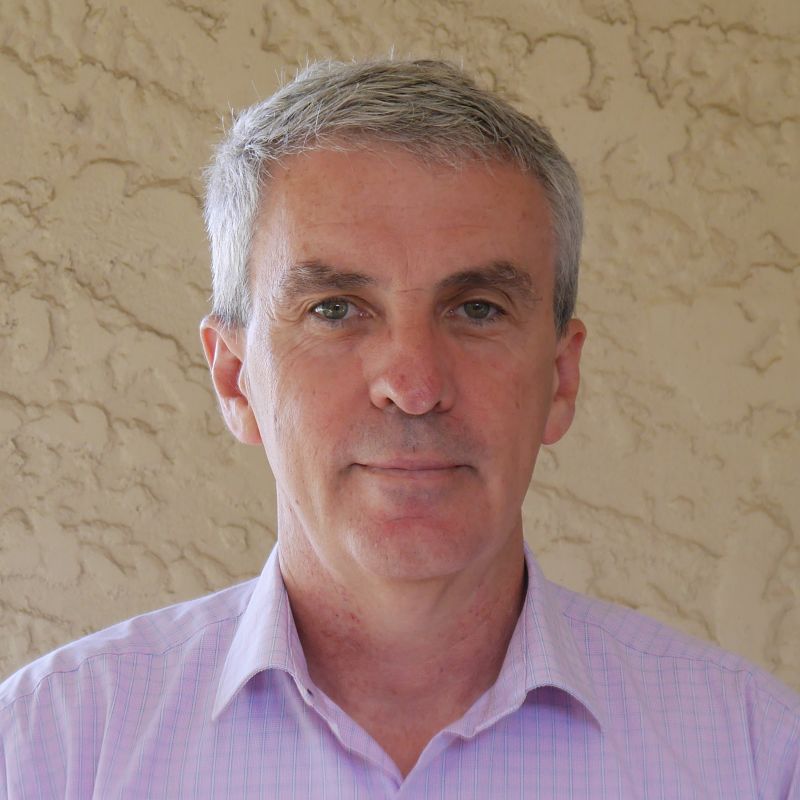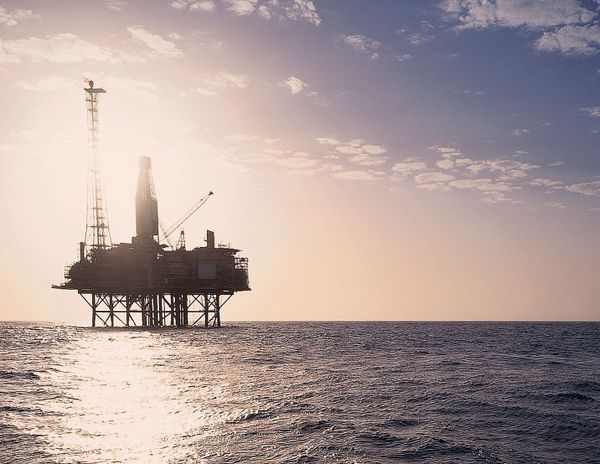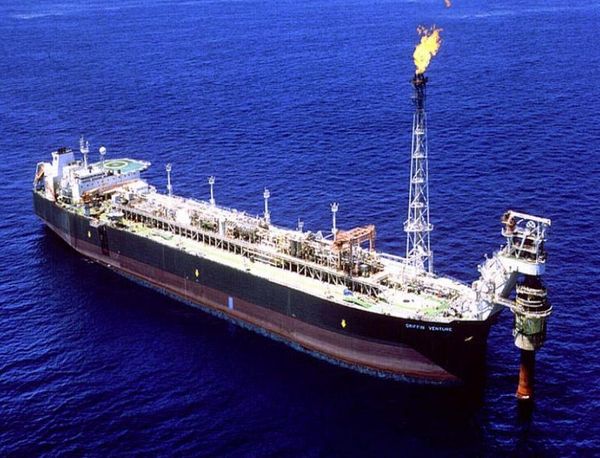Woodside & Santos emissions fibs caught out
• Onshore gas export ban doubts •
Hi,
I had my head down last week understanding Woodside's 62-page plan for Pluto LNG emissions so there was no newsletter, but I'm now back to normal programming.
- Woodside went to great lengths to make a sloth look like a cheetah but a few days delving through the Pluto Greenhouse Gas Abatement Program revealed the truth.
Emissions cuts to 2030 are 16%, not 30%; there are no solid commitments past 2030, and the placeholder trajectory to net-zero by 2050 leaves 70% of the work to after 2045.
Let's be blunt - Woodside had a team working for months to produce a truly deceitful document that they hoped would be so complex no one would pull it apart.
So much for the Woodside Compass: "We are transparent, honest and fair."
READ: Woodside’s real plan for Pluto LNG: delay action, not reduce emissions - To give Woodside its dues - they made me work for it. Santos, on the other hand, just say stuff and hope no one asks for the details.
At the APPEA Conference last week Santos chief executive Kevin Gallagher rebutted Andrew Forrest's attack on Barossa as "an atrocious project" with a claim that Santos had reduced emissions by 25% compared to ConocoPhillips' original design.
"If you want to claim it, I think you've got to front up with the numbers," I annoyingly asked.
After a week of requests for more information, Santos "had nothing further to add at this stage."
Santos has said an earlier attack on Barossa's high emissions should be taken with a grain of salt. The 25% cut needs more salt than Santos will produce at Narrabri.
READ: Santos fails to back up Barossa emissions reduction claim - Energy Minister Bill Johnston has backed the role of gas in the power system as he sees no current alternative to gas for dispatchable power. He also wants to use low gas prices to lure investment to WA.
READ: Johnston backs gas for WA power and industry - At the same time, the State Government is under pressure to let more onshore gas be exported so the North West Shelf partners can fill their ageing LNG plant and Perth Basin producers get their revenue boosted.
The maximum economic benefit to the State would tilt the decision to cheap local gas for job-creating value-add processing. Heavy lobbying might swing the Government the other way.
READ: Doubts grow over WA onshore gas export ban - And the NWS offshore facilities are not getting any younger either. Woodside has entered the difficult phase of increasing costs and declining production.
Offshore safety regulator NOPSEMA has ordered that 14 caissons - 24t steel tubes that hang under the North Rankin A platform - be checked for corrosion as there is a small risk of a high impact event: a caisson falling onto gas pipelines on the seabed.
READ: Regulator tells Woodside to fix safety issues on ageing North Rankin A platform - The Asian Renewable Energy Hub has had a setback with Federal Environment Minister Sussan Ley concluding the nearshore activities to export ammonia are "clearly unacceptable."
It is bizarre that this rare conclusion (1 in 500 cases) was made in just five weeks and there was no consultation with the proponent despite AREH having major project status.
Theories as to why this happened range over both conspiracy and cock-up.
READ: Feds shoot a rare green arrow at $US36B Pilbara ammonia hub - AEMO released its annual 2021 Electricity Statement of Opportunities for WA. Growing rooftop solar installations could push minimum demand for grid generation to a quarter of the present levels within five years, threatening system stability. Bring on the batteries ASAP.
READ: Surging solar making South West power grid hard to manage
Oil and gas meets in Perth to talk to itself
There was no shortage of straight-talking sensible people at last week's APPEA Conference who understood the urgent need for the industry to change for environmental and business reasons.
Unfortunately, few were on the stage.
The general theme seemed to be that a dive into hydrogen and carbon capture and storage, combined with better communication so the industry's well-meaning but deluded opponents understood the real world, would put the industry right.
Climate activists have essentially had the same message for decades. Meanwhile, oil and gas leaders have misunderstood or ignored the biggest megatrend of the century and yet maintained an arrogance unsupported by a decade of sub-par returns and a precarious future.
The condescending message that the industry's only failure was poor communication of how wonderful it is was repeated endlessly.
APPEA chief executive Andrew McConville said "the rising tide of activism" presented an opportunity to "drive a narrative for our industry, on our terms."
"I don't want to dwell on the activists; you don't win that way, except to say one thing as a warning for our industry.
"These activists will say and do anything to get their way."
Regarding those that would "say and do anything to get their way," I suggest McConville reads this week's stories on Woodside and Santos greenwashing their emissions.
And now to the recurring themes at APPEA of hydrogen and CCS.
A move into hydrogen means either green hydrogen, where the oil and gas incumbents have few competitive advantages, or blue hydrogen that combines continued gas production with CCS or offsets.
Offsets from massive revegetation will be an industry where oil and gas is essentially a customer.
So that leaves the industry's future resting on CCS. And yet, in all the discussion of CCS, one word was rarely mentioned: Gorgon. I wonder why?
Bits and bobs
APPEA's updated spin plan will "pivot" to "sovereignty and security for Australia." What about jobs and taxes?
Credit Suisse energy analyst Saul Kavonic said Santos might be preparing to double count the carbon offsets from its Moomba CCS project by both selling them and including them in its corporate target.
Interesting historical note: Santos announced Moomba CCS in 2007 with a proposed $700 million demonstration phase to sequester one million tonnes of CO2 a year. An expansion would "rely on the emergence of a carbon price under a well-designed emissions trading scheme."
The West Australian got hold of a survey of Chevron's Australian staff that revealed 53 per cent of employees believed the US major was "taking meaningful action to promote cleaner energy."
If readers know anyone in that 53 per cent, please invite them to subscribe to the Boiling Cold newsletter.
Energy Minister Bill Johnston said the WA Liberal's pre-election energy policy of a rapid coal phaseout was "reckless and stupid and a huge risk to our energy system." At Labor's request, Treasury estimated that the Liberal's plan would have cost $15.3 billion.
Why is our State government wasting time costing the policy of a party that has two lower house members with an election almost four years away? Please stop politicking and start governing.
Alinta today submitted to the WA Environmental Protection Authority plans to upgrade and expand its Port Hedland power station by replacing gas turbines with reciprocating engines and possibly adding a battery.
Warrego Energy is raising $50 million to progress its half share of West Erregulla, where partner and operator Strike Energy announced on Monday "a large high-quality gas resource."
A battery industry could support 35,000 jobs in Australia by 2030, according to a report done for the Future Batteries Industries Co-operative Research Centre.
Green steel is moving forward, with Sweden's Hybrit consortium moving to build a commercial-scale plant.
I won't bother with Federal climate policy this week. It's been barnabied.
On Monday night I am talking to Sustainable Energy Now on "The Power and Politics Slowing WA's Energy Transition." Details here if you are interested.
Have a good weekend.
Cheers
Pete




